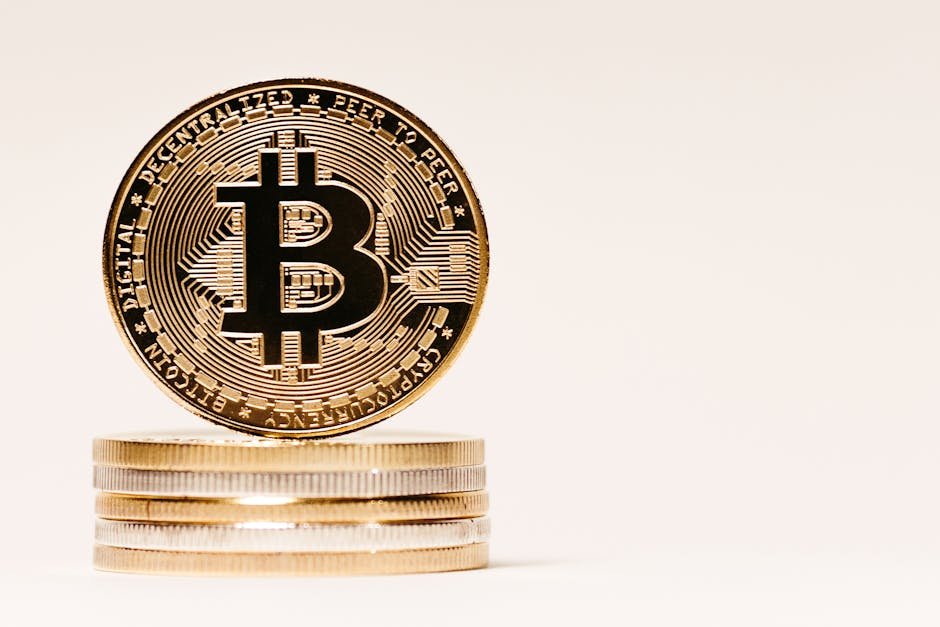Unlocking the Future: How Blockchain is Revolutionizing Telehealth Transactions for 2025
Welcome to the future of healthcare, where the power of blockchain technology is transforming the way telehealth transactions are conducted. In this digital era, telehealth has become more prevalent than ever, offering convenient and accessible healthcare services to individuals worldwide. With the integration of blockchain technology, telehealth transactions are becoming more secure, efficient, and transparent than ever before.
The Rise of Telehealth
Telehealth, also known as telemedicine, is the use of digital information and communication technologies, such as computers and mobile devices, to access healthcare services remotely. This innovative approach to healthcare delivery has gained significant traction in recent years, especially in light of the COVID-19 pandemic, which has accelerated the adoption of telehealth services.
Telehealth offers numerous benefits, including:

- Increased access to healthcare services
- Convenience for patients
- Cost-effectiveness
- Improved efficiency in healthcare delivery
The Role of Blockchain in Telehealth Transactions
Blockchain technology, most commonly associated with cryptocurrencies like Bitcoin, is a decentralized and distributed ledger system that records transactions across multiple computers in a secure and transparent manner. In the healthcare industry, blockchain is revolutionizing the way sensitive data is stored, accessed, and shared.
When it comes to telehealth transactions, blockchain offers several key advantages:

- Security: Blockchain technology encrypts data and ensures that it cannot be tampered with, providing a secure environment for storing sensitive patient information.
- Transparency: Blockchain maintains a transparent and immutable record of all transactions, allowing healthcare providers to verify the integrity and authenticity of data.
- Efficiency: By eliminating the need for intermediaries and automating processes, blockchain streamlines telehealth transactions, reducing costs and enhancing efficiency.
The Impact of Blockchain on Telehealth in 2025
As we look ahead to 2025, the integration of blockchain technology into telehealth transactions is poised to revolutionize the healthcare industry in profound ways. Some of the key impacts of blockchain on telehealth in 2025 include:
- Enhanced Data Security: With blockchain’s advanced encryption and decentralized system, patient data will be more secure than ever, reducing the risk of data breaches and unauthorized access.
- Improved Interoperability: Blockchain technology enables seamless data exchange between different healthcare systems and providers, leading to improved coordination of care and better patient outcomes.
- Streamlined Transactions: By automating and digitizing telehealth transactions, blockchain will minimize administrative burdens, accelerate payment processing, and enhance overall efficiency in healthcare delivery.
Challenges and Considerations
Despite the many benefits of blockchain in telehealth transactions, there are certain challenges and considerations that must be addressed:
- Regulatory Compliance: Healthcare regulations and privacy laws may pose challenges to the widespread adoption of blockchain technology in telehealth. It is essential for healthcare organizations to ensure compliance with regulatory requirements.
- Data Privacy: While blockchain offers enhanced security, concerns around data privacy and ownership still exist. It is crucial to establish clear protocols for data management and access control.
- Integration Complexity: Integrating blockchain into existing telehealth systems and infrastructure can be complex and costly. Healthcare organizations must carefully plan and execute the integration process to maximize benefits.
The Future is Now
As we sail into 2025, the future of telehealth transactions powered by blockchain technology holds immense promise for the healthcare industry. By enhancing security, transparency, and efficiency in healthcare transactions, blockchain is reshaping the way healthcare services are delivered and received.
Healthcare providers, patients, and policymakers alike must embrace this digital transformation and work together to overcome challenges and seize the opportunities that lie ahead. The future of telehealth is bright, and blockchain is leading the way towards a more connected, efficient, and patient-centric healthcare ecosystem.

